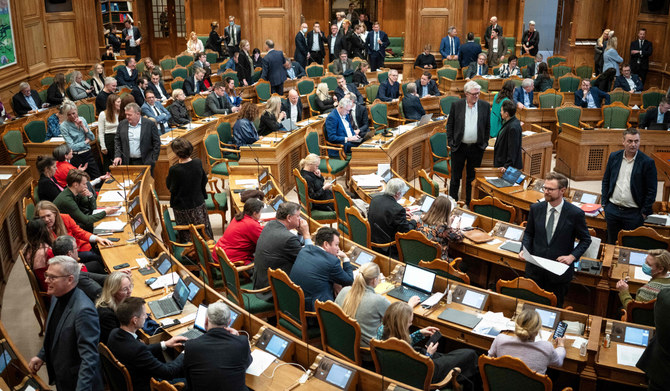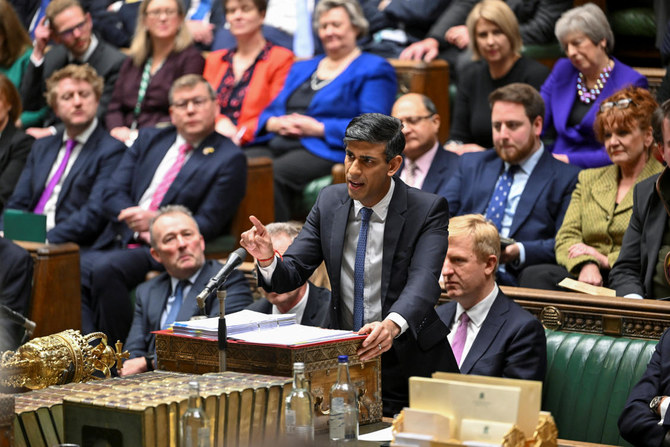In a significant move, Denmark’s parliament has passed a law criminalizing the “inappropriate treatment” of religious texts, effectively prohibiting Qur’an burnings after a series of incidents sparked international outrage over the summer. The bill, aimed at protecting the security of Denmark and its citizens, garnered 94 votes in favor and 77 opposed in the 179-seat Folketing.
Justice Minister Peter Hummelgaard emphasized the need for better protection against the systematic insults witnessed for a prolonged period. The law explicitly forbids the public burning, tearing, or defilement of holy texts, with potential legal consequences for those who violate it, including fines or up to two years in prison. The legislation will be reevaluated after three years.
The summer saw Denmark and neighboring Sweden becoming focal points of anger in several Muslim countries due to protests involving Qur’an burnings and desecrations. Responding to the heightened security situation, Denmark temporarily tightened border controls but returned to normal on August 22.
Between July 21 and October 24 this year, Denmark recorded 483 instances of book burnings or flag burnings, according to national police figures. The legislation, initially announced in August, underwent amendments following concerns about its impact on freedom of expression and enforcement challenges.
The bill, while designed to address the inappropriate treatment of religious texts, faced criticism during parliamentary debates. Opposition lawmakers accused the government of sacrificing freedom of expression, with some likening it to a return to blasphemy laws abolished in 2017.
In neighboring Sweden, the government has condemned Qur’an desecrations while upholding constitutionally protected freedom of speech and assembly. It aims to explore legal means to prevent protests involving the burning of holy texts in certain circumstances.
Denmark joins several other European countries, including Austria, Belgium, Estonia, Finland, Germany, Italy, Poland, and Romania, in implementing laws against Qur’an burnings to varying degrees. Greece, for example, restricts the burning of sacred texts near religious sites.
This legislative development reflects Denmark’s response to balancing security concerns with freedom of expression, highlighting the broader challenge faced by European nations in navigating the delicate intersection of religious sensitivity and individual liberties.
















